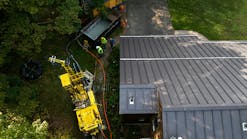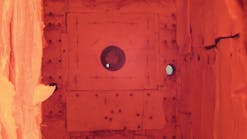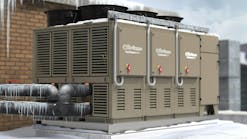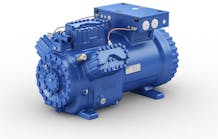The deadline for facilities to submit an Initial Notification of Applicability to meet the U.S. Environmental Protection Agency's (EPA’s) finalized regulations for boilers (known as Boiler MACT or BMACT) is May 31, 2013, for major-source boilers and Jan. 20, 2014, for area-source boilers. Instructions and form templates are available from Cleaver-Brooks, the Thomasville, Ga.-based provider of boiler-room products and systems.
The EPA’s Major Source Rule applies to facilities that emit 10 or more tons of a single air toxic or 25 or more tons of a combination of air toxics per year. Most major-source boilers are located at very large industrial facilities (e.g., refineries, chemical plants, and manufacturing plants) and large institutional facilities (e.g., universities). If a facility does not meet the criteria for the Major Source Rule, it is considered an area source and subject to the Area Source Rule.
Both rules require actions ranging from regular tune-ups to emissions monitoring. Also, facilities must maintain records and file periodic reports to demonstrate compliance. The extent of actions and the number of reports to be filed vary depending on boiler size, fuel type, and age.
For more information about the EPA’s rules for boilers, visit the EPA's Website. To determine the subcategory of your boiler and applicable compliance requirements, visit Cleaver-Brooks' EPA-compliance reference center, or contact an authorized Cleaver-Brooks representative.








